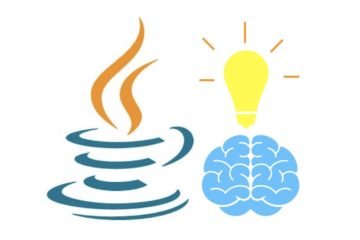Java Initializers
In java, we have three types of initializers: 1. Static Initializer:can be used to set the value of any static[…]
Read moreAmplify your java knowledge with javagyansite

In java, we have three types of initializers: 1. Static Initializer:can be used to set the value of any static[…]
Read more
equals method is used to check the equality of two objects based on it’s contents. equals versus == If two[…]
Read more
In this article, we’ll look at the complexities of multiple inheritance in Java, the infamous “diamond problem,” and the various[…]
Read more
LinkedHashMap implements Map and extends HashMap.Please visit HashMap for understanding the internal working of HashMap before you read further so that it becomes[…]
Read more
ClassNotFoundException NoClassDefFoundError Exception or Error? It is of type java.lang.Exception.It is a Checked Exception. It is of type java.lang.Error. When[…]
Read more
Exception handling in Java is a mechanism that allows developers to handle runtime errors, unexpected events, and exceptional situations that[…]
Read more
Before we jump into TreeMap, let us first look into Tree Data Structure. The basic building block for the tree[…]
Read more
Comparable Comparator What is it? Here the Object compares itself with another Object of same type.For example: An Employee comparing[…]
Read more
CopyOnWriteArrayList(Introduced in JDK 1.5) SynchronizedList Creation List list = new CopyOnWriteArrayList(); List list = new ArrayList(); List syncList = Collections.synchronizedList(list);[…]
Read more
fail-fast iterator fail-safe iterator Is Modification of underlying Collection Allowed? NO. It throws ConcurrentModificationException if the underlying collection is structurally[…]
Read more